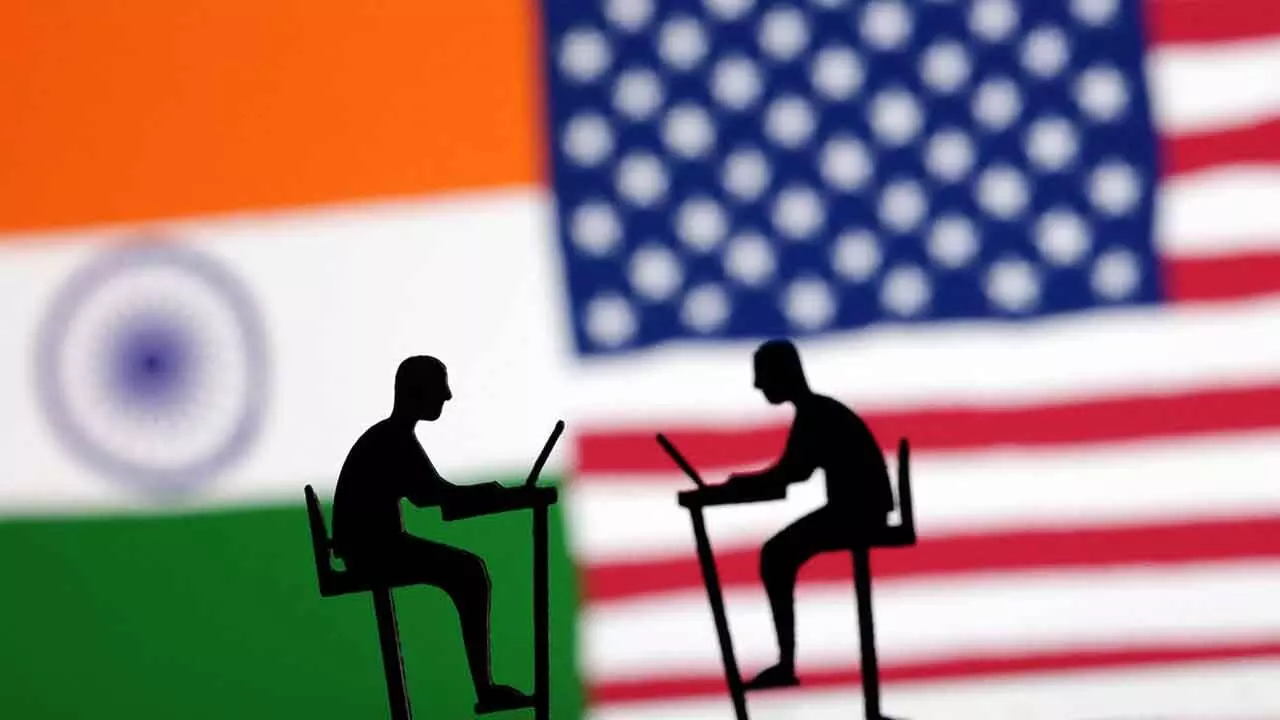Indian IT Industry Should Actively Engage With The Trump Administration
Indian IT Industry Should Actively Engage With The Trump Administration

The second innings of Donald Trump as the President of the United States has started with several new changes. Trump administration’s new rules with regard to immigration are bound to affect Indians to significant levels. One of several executive orders that Trump signed after returning to the White House sought to deny citizenship not only to the babies of illegal or undocumented immigrants but also to children of people studying or working in the US. If this executive order is implemented, a child born in America to Indian parents, even if one of them is on an H-1B visa or an F1 visa, would not be entitled to US citizenship.
This is a departure from the existing laws of the North American country, which will definitely face legal challenge. However, it has created an air of uncertainty among H1B visa holders. According to the US Citizenship and Immigration Services (USCIS) data, over a million Indians are waiting for green cards in America. This new executive order will make the process of permanent residency complicated as the waiting time is expected to further increase in coming years. This new law has several repercussions for the Indian IT industry.
Firstly, though Trump is of the view that the US needs talent for sustaining its technology industry, his administration will make the immigration process tougher than the previous one. On that count, Indian IT industry has to stay prepared for the likely disruptions tha are likely. Not only Indian IT firms, but also global technology giants like Microsoft, Google, Apple, Meta and others rely heavily on H1B visa for sending Indian talent to the US for execution of project work. So, these companies may face difficulty in sending Indian engineers abroad. Secondly, overall sentiment in the US is towards anti-immigration as of now due to high-level of illegal entry into the country. As a shrewd politician, Trump will not act against this popular sentiment.
Against this backdrop, Indian IT industry has to convince the general public in the US that it is creating more jobs and hiring more locals than bringing in more Indians into the country. Thirdly, the Trump administration is always likely to put tariffs in several economies to reduce the trade deficit of the US. As and when it happens, this will have a disruptive effect on global trade of which technology spending is an integral.
Despite the unpredictability of Trump’s policies in the coming days, the current US government is expected to be more business-friendly than Democrats. With most technology leaders advising the administration and Elon Musk being part of the government, the Trump administration means business and it will endeavour to improve trade relationship with several countries, including India. In this perspective, the Indian IT industry should navigate the new norms deftly and engage with the new administration about the contribution of the industry to the US economy. Moreover, highlighting the upskilling initiatives in STEM space along with the hiring efforts in the US should be part of the outreach efforts.

